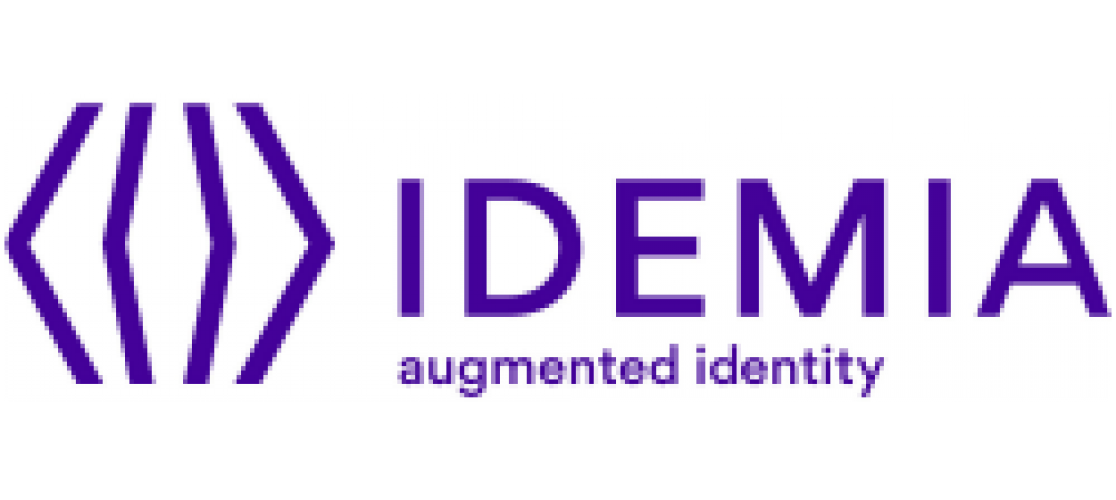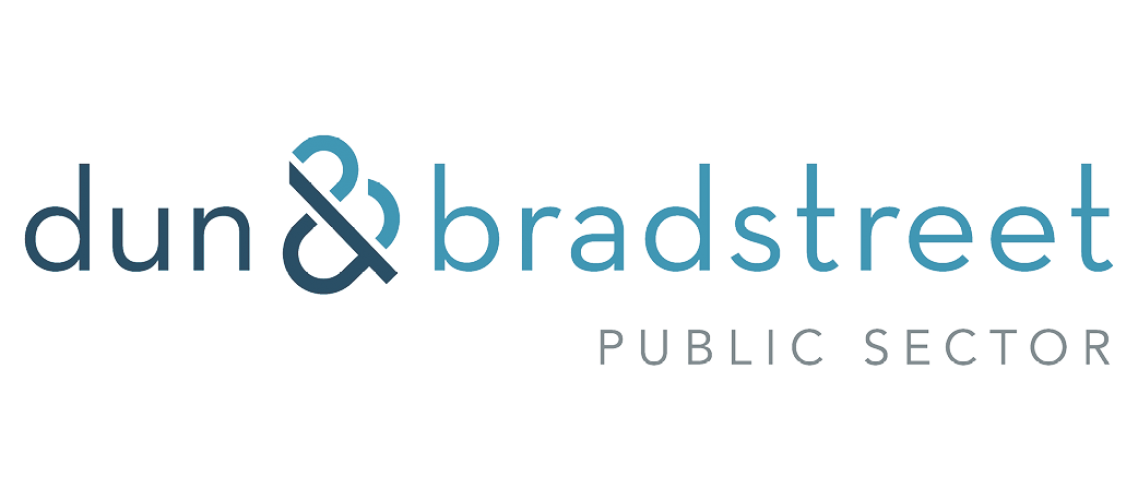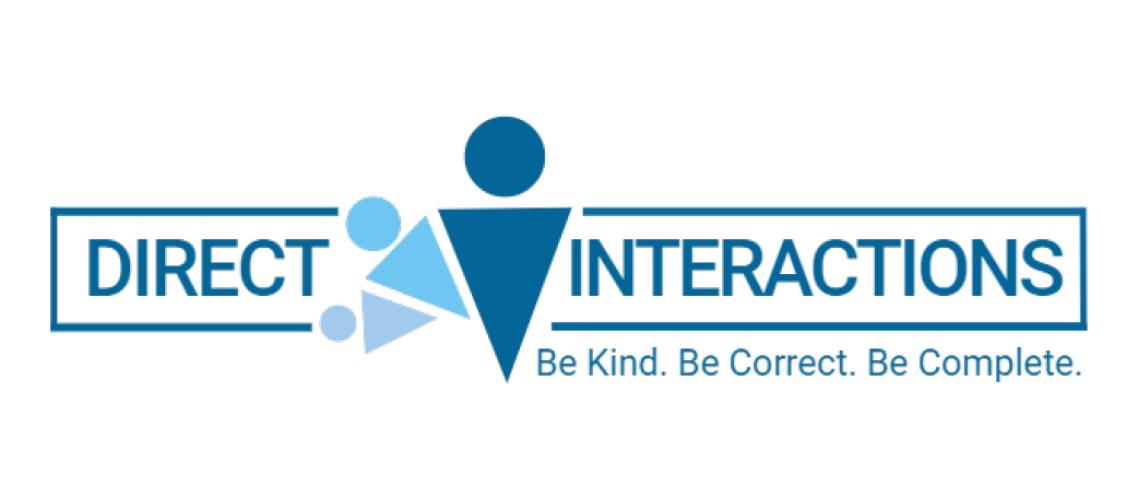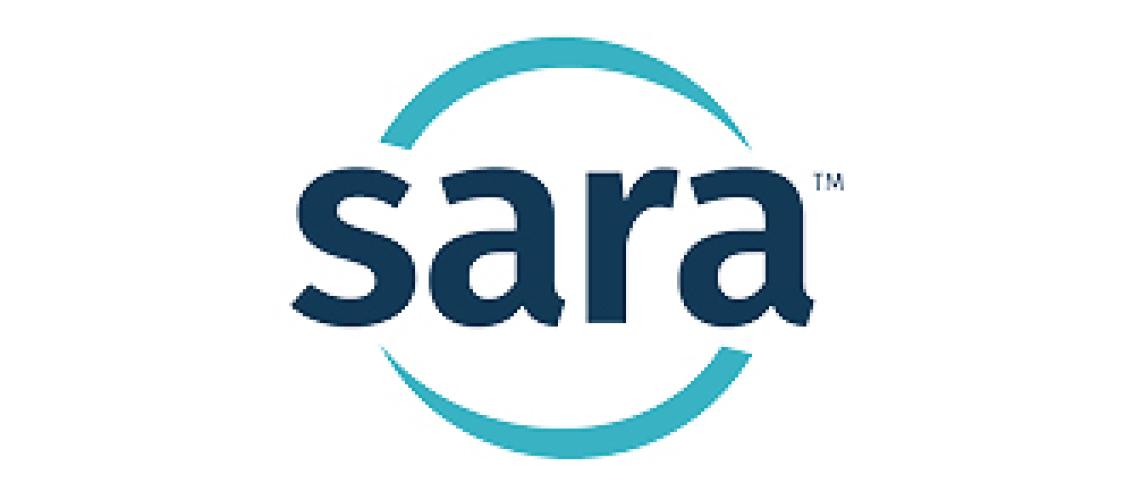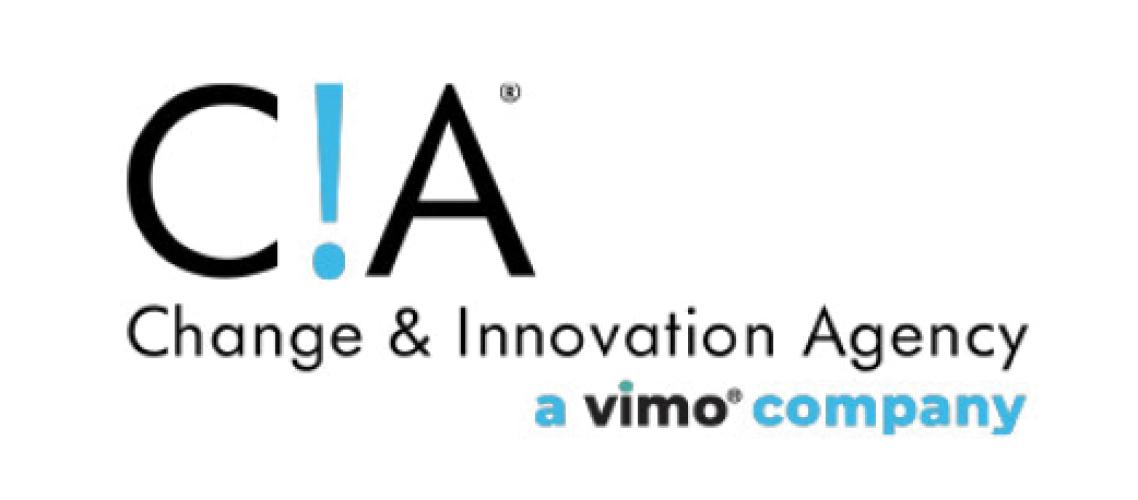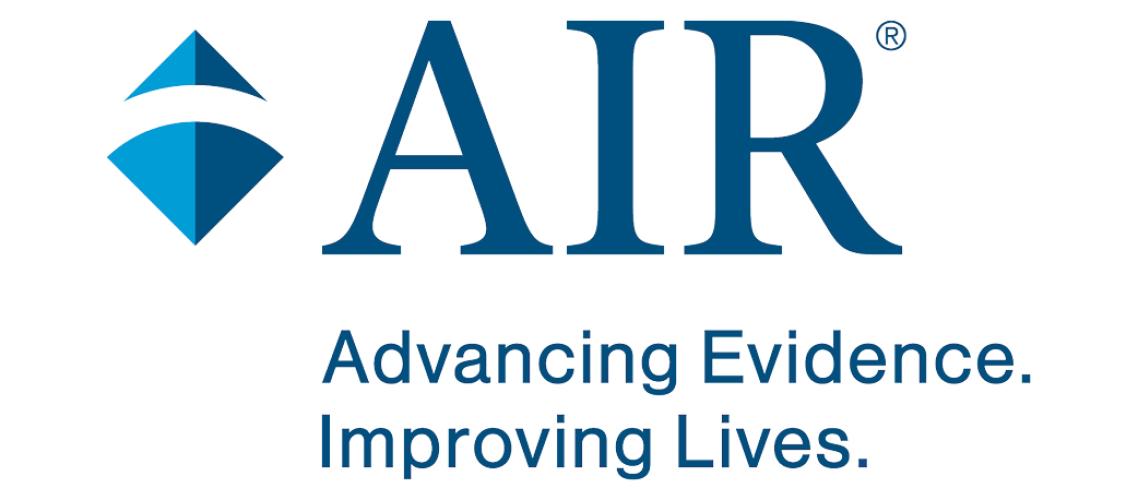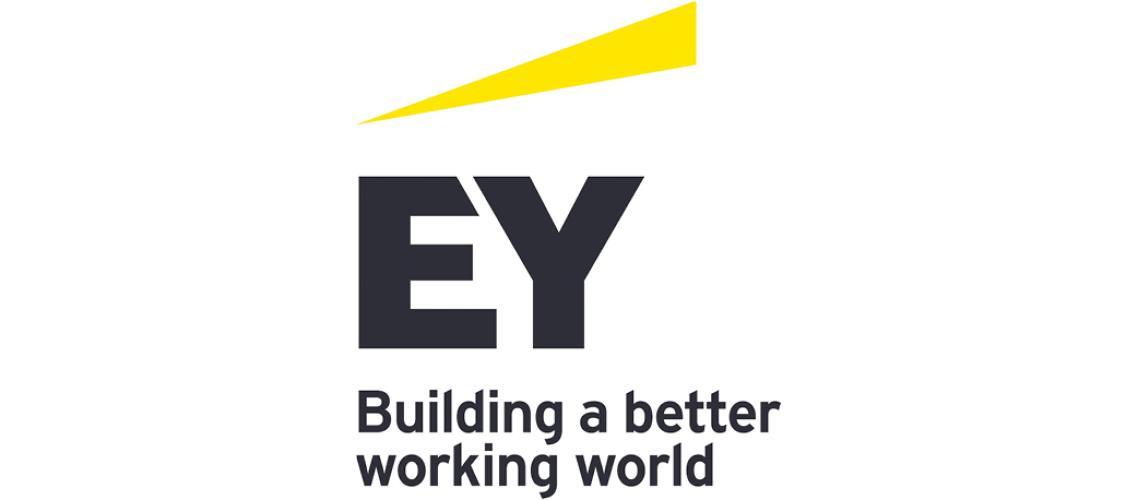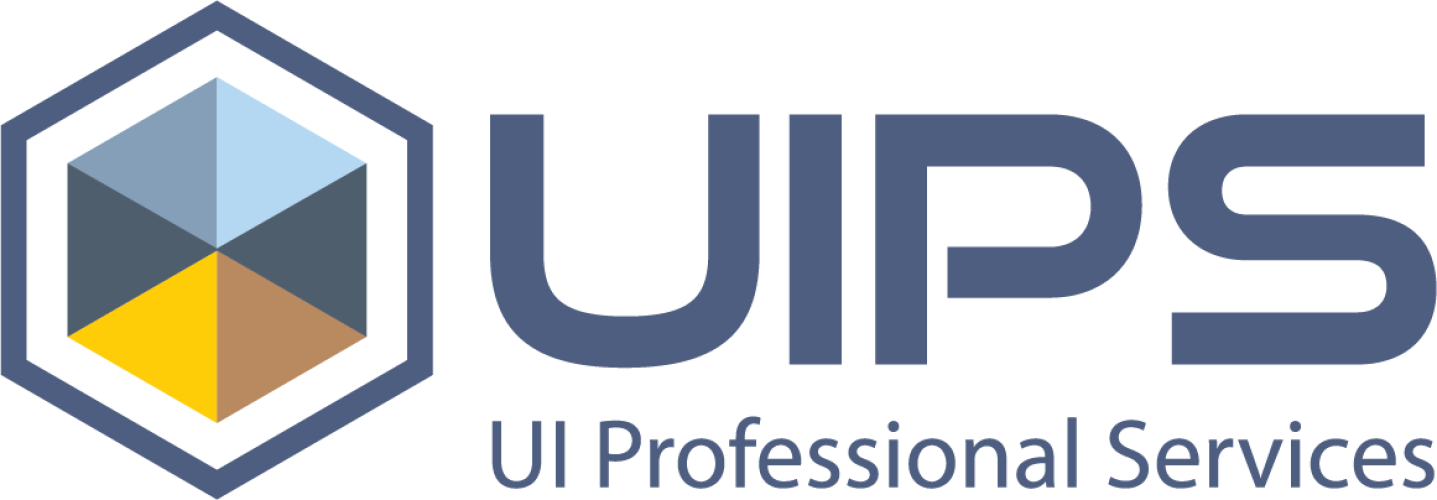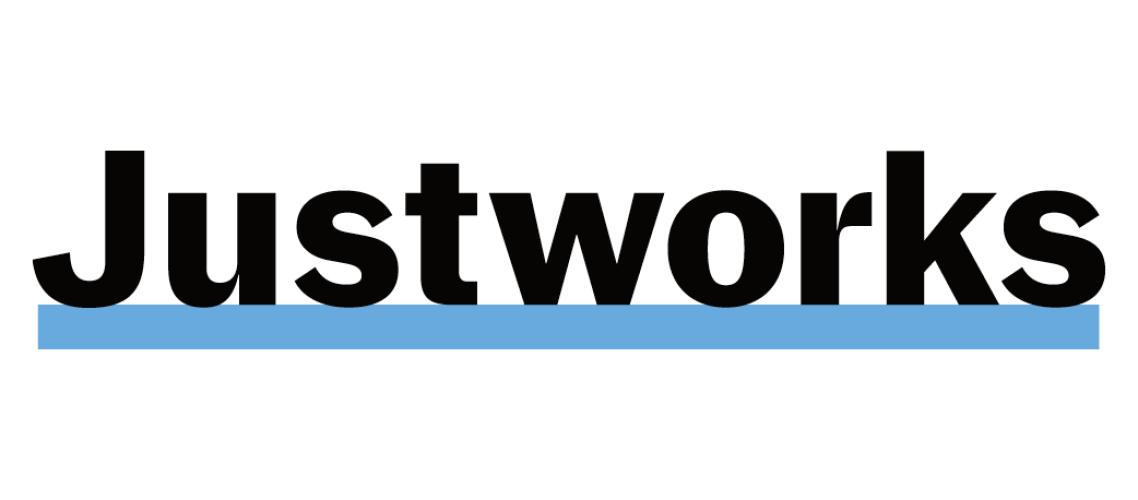EO Award Nomination Wisconsin
Wisconsin EO Award Nomination: Wisconsin's Certified Pre-apprenticeship Training Programs
Contact Information of Individual Submitting Nomination
Nominator: Katie Mueller
Email Address: kathryn.mueller@dwd.wi.gov
Agency Name: Department of Workforce Development
Wisconsin's Certified Pre-apprenticeship Training Programs
Wisconsin Registered Apprenticeship is a successful training method that has been utilized by Wisconsin employers for over a hundred years. The Department of Workforce Development's (DWD) Bureau of Apprenticeship Standards (BAS) has been gathering data and demographics on individuals who enter apprenticeships as part of managing contracts between apprentices and sponsors. Minorities and women have been historically underrepresented in apprenticeships. Employers and committees have shown good faith efforts to hire underrepresented populations but have not been highly successful.
BAS decided to expand their Affirmative Action and Equal Employment Opportunity (AA/EEO) compliance reviews to learn more about barriers that employers and committees encounter as they try to create a more inclusive workforce. Discussions with industry leaders and employers revealed that while outreach to diverse communities is being conducted, a lot of the minorities and women who apply for apprenticeships do not meet the minimum requirements to begin an apprenticeship program. Many of the individuals in underrepresented populations do not have the experience or skills to start the entry level work required by apprenticeships.
BAS's focus to overcome this barrier is to create ways for underrepresented populations to gain the skills and experience they need to start a registered apprenticeship and begin a career with transferrable skills and family-sustaining wages. BAS wrote and received grants from the U.S. Department of Labor with emphasis on inclusion in the workforce by increasing the number of women and minorities in apprenticeships throughout Wisconsin. BAS's focus on continued expansion of pre-apprenticeship programs, especially those that concentrate on underrepresented populations, over the past three years is helping the registered apprenticeship program overcome barriers it faces to a successful equal opportunity program.
Describe the nominee's significant contributions towards the understanding and achievement of equal opportunity and nondiscrimination for all employees and customers. Response (400 word limited).
BAS worked with apprenticeship industry leaders and community organizations to determine the best way to upskill underrepresented populations and prepare them for a registered apprenticeship. Through partnerships, BAS learned that not only do underrepresented groups lack the skills and experience needed to start an apprenticeship, but they also do not have the same connections to apprenticeship sponsors or employers that other populations have at their disposal. Creating training programs is not be enough to build a more inclusive workforce; training programs also need direct connections between the registered apprenticeship program and its employers and sponsors.
BAS developed requirements for pre-apprenticeship training programs to help participants gain the necessary skills and education before starting a registered apprenticeship. The requirements for pre-apprenticeship programs include the creation of a program that meets the needs of employers using registered apprenticeship to train employees. The Wisconsin Apprenticeship Advisory Council approves all certified pre-apprenticeship programs to ensure that they are meeting industry needs, training transferrable skills, and connecting registered apprenticeship partners in their area. The Advisory Council also ensures that apprenticeship sponsors are connected to the program so that the transition from pre-apprenticeship to register apprenticeship is easier for participants.
Providing more than just workforce training, several pre-apprenticeship programs engage additional partners, including supportive service agencies, technical colleges, other DWD workforce programs, and community organizations to provide a network of support to participants to increase their success rates. These programs focus on serving participants who have significant barriers to employment, including lack of child care, high school diploma, and driver's license. Creating a program that includes wrap-around services and community connections helps participants have the tools they need, not just skills, to be successful in a registered apprenticeship after completing the pre-apprenticeship program.
Provide a statement of results, accomplishments, impacts and any other appropriate information that demonstrates why the nominee’s efforts were an exceptional contribution to the state workforce agency. Response (400 word limited).
The number of approved pre-apprenticeship training programs has steadily increased over the last three years. In 2017, 2018, and 2019, there were five, 10, and 15 approved programs, respectively. The continued increase in programs demonstrates the desire of industry and community organizations to work together to create a talent pipeline into apprenticeship that is accessible for underrepresented populations.
Currently, pre-apprenticeship programs have an 80% completion rate with 20% having started a registered apprenticeship. BAS continues to find ways to improve participant tracking, which includes adding them to DWD's case management system for better review of outcomes and long-term success.
A recent success story, shared by the Social Development Commission (SDC), demonstrates the impact BAS's emphasis on increasing and improving the pre-apprenticeship training programs in Wisconsin had on R.T., a woman from Milwaukee who was enrolled in SDC's program:
R.T. enrolled in the SDC YouthBuild Construction training (a pre-apprenticeship program), committing to nine weeks of morning academic classes at Milwaukee Area Technical College to gain her high school diploma and afternoon construction training. Immediately, R.T.'s motivation was evident. She was a dedicated student, actively participating in discussions and taking lead in her learning by asking questions.
R.T. was given the option to test out of some of the academic classes, which she passed with flying colors. She confidently progressed through the program, showing dedication and self-direction. She quickly found interest in the electrical field. R.T. did not personally have a strong support system and expressed that she didn’t "expect too many cheerleaders." She appreciated the support of being at SDC and having the support of staff, job developers, and instructors. It was truly a wrap-around service!
Being used to doing things on her own, she continued to move toward her goal, asking about apprenticeship opportunities and how she could prepare. R.T. made connections with employers at the SDC job fair, which led to an interview with a local electric company, and eventually a job offer.
R.T.'s decision to enroll in the SDC YouthBuild Construction was a pivotal step in her path to success. Her drive to excel and take charge of her future is now leading to a career in the electrical field. Today, she is still employed by the same electric company. and is a proud member of IBEW 494.
Examples of work
WI - Pre apprenticeship Program Review Guidelines 2020.pdf (208.4KB))
WI - YA to RA Bridge Video 2020.pdf (11.7KB)
WI - Statement of Approval William J Harris Award 2020.pdf (484.5KB)

